The Homebuyer's Handbook: Your Guide to DC Home Inspections
Washington, DC is a vibrant city. Aside from being our nation's capital, it's a popular tourist destination and home to many businesses. The surrounding area is also full of things to do and see - so it's no wonder people are moving into DC every day.
Has the city charmed you too? As a buyer in the district, ensuring that you have a professional home inspection carried out on your new prospective home is crucial. It's a standard part of the home buying process and can help you to identify any major defects or repairs that a home may need.
Keep reading to learn more about DC home inspections and what you can expect.
What does a home inspection in DC include?
A home inspection covers all the major systems of a home. The roof, plumbing, and electrical system are examples of what your inspection will include. Cosmetic issues are sometimes included, though these are generally for informational purposes only.
A residential home inspection is an assessment of the current condition of the property and a way to try and predict any future issues that may become in need of repair. A qualified home inspector puts together a detailed report that the prospective buyer can give to the current homeowners to potentially negotiate in any necessary repairs as part of the contract. The inspection itself is also a great opportunity for the realtor and their clients alike to learn basic maintenance of the home.
For example, a home inspection can show the buyer the standard operation for many parts of the home. This means basics like how to switch off the water main in a condo or more complicated questions that tend to arise in historic homes that are common to the Washington, DC area. It also gives the buyer an opportunity to address to any concerns they may have before purchasing the property.
In this post, we will answer your biggest DC home inspection questions:
What does the home inspection report contain?
Home inspectors are extremely knowledgeable on a wide range of homeowner topics. Their reports are as comprehensive as possible while still being understandable for the buyers. No two reports are exactly alike. When reading your report, remember that some items could completely determine whether or not that new house becomes yours, and others may just be a fun project you'll take on down the line.
The standard inspection report includes:
A summary page outlining the major issues that a home possesses
Photos of issues with a home
Serial numbers and ages of systems like the HVAC
New construction inspections, sometimes called pre-drywall inspections, look a little different - but are equally as important.
What is the process for a home inspection?
The first step is to schedule schedule a Washington, DC home inspection (sometimes as soon as next day) with a reputable home inspection company. Once the appointment has been made and everyone arrives at the property, that's when the fun begins. The current owner of the home usually isn't present, but if there's an issue with the home, they'll like be involved once the report has been written.
The home inspector will then go about the home testing electrical outlets, faucets, appliances, and anything else likely to break. They'll look at the foundation, and go in the crawl space or attic, if the property has them. Throughout the process, the inspector will take photos and notes that will be integrated throughout the report.
An inspection can take anywhere from 2-5 hours to complete, depending on a number of factors. If you have time restrictions, be sure to communicate this ahead of time so that you can be present to ask questions or see any major issues that will need to be addressed.
How much does a DC home inspection cost?
On average, you can expect to pay between $400 and $600 for a home inspection in Washington, dc. The cost of a home inspection in Washington DC varies depending on the size and age of the home, as well as the inspector's level of experience.
When choosing an inspector, look for years of experience and be sure to ask how many homes they have inspected. This will help you to better assess their level of expertise. A knowledgable inspector can also usually suggest electricians or other professional services should your new home need work. Also be sure to work with an inspector that has a good track record of on time inspections and reports.
What are the biggest red flags in a home inspection?
Some of the biggest red flags in a home inspection include water damage, foundation issues, electrical problems, and mold. These issues can be costly to fix and may make the home a less desirable investment.
Other common problems found in home inspections include issues with the roof, plumbing, electrical system, and HVAC system.
Do you need a license to be a home inspector in Washington, DC?
Yes, you do need a license to be a home inspector in DC. The Department of Consumer and Regulatory Affairs (DCRA) regulates home inspectors in the District of Columbia. A qualified home inspector will be a member of an organization like interNACHI.
How do I choose a home inspection business?
At the end of the day, a home inspection is a valuable investment in the safety and livability of your home. If you have more questions about home inspections or want to schedule an appointment, don't hesitate to reach out to us.
Our team has been serving Northern Virginia, Silver Spring, Washington dc, and the surrounding area for 15+ years. We also offer radon testing and can arrange for other services like well and septic inspections.
Did you like this post? You may also enjoy:



